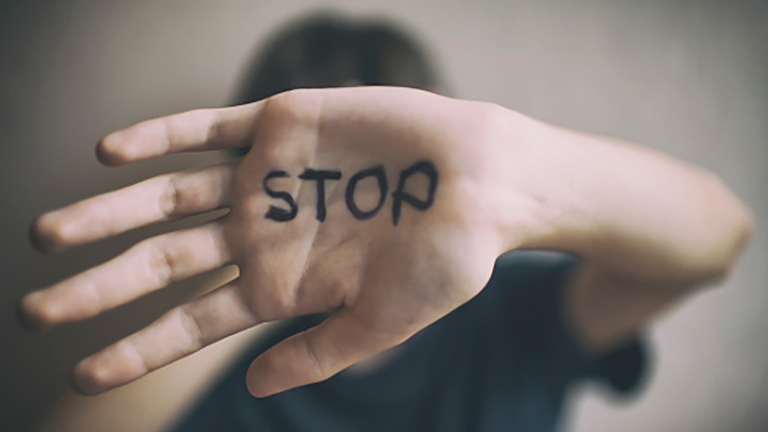
29 Mar Domestic Violence in COVID19
Today public spaces and streets around the world are emptying and some places already look like ghost towns. We could not have imagined this even a month ago when we were already into the virus spread.
Now that our cities and streets are emptying, people are staying in their homes. For some, this period will be a chance to bond with their families, to take a much-needed break, to slow down, to learn to smell the flowers. But for others, this period can be very difficult. Globally, women already put in many more hours on housework than men. In many western countries, hours of housework put in by men has increased in the past 50 years, but they still spend less than half the time that women do. ILO data in India showed that women do 312 minutes of housework a day, while men do only 29. So, it is very likely that the additional burden is going to fall on women (though there will be some men and children who will take on some of the burden).
Beyond the divide in the work of care, homes are themselves not the safest places for many, including women. Global statistics suggest that one in three women are victims of violence. Domestic and intimate partner violence are global concerns. In the process of tackling the spread of the virus, it has become essential for people to stay home much more, whether the country is in lockdown or not.
Research has shown a relationship between natural disasters and increased rates of interpersonal violence. After Hurricane Andrew in South Florida in 1992, spousal-abuse calls to Miami’s helpline increased by 50%. In China, during the past months, an anti-domestic violence hashtag used to reach out and provide a space for women to share their stories was used more than 3000 times on the local social media Weibo. In France, data shows that domestic violence cases went up by 30% since March 17th when the country went into lockdown. A continued lockdown or some form of isolation is going to make things much worse for women in vulnerable situations
It is therefore crucial for governments as well as women’s groups and others to ensure that there are services for women to protect themselves during this time. Health services across the world are already stretched trying to deal with the pandemic and this will impact response to other problems. But protection mechanisms for women in violent home situations must be put into place. Firstly, all helplines should continue to function and information about them must be made widely available. Further, these services should be considered essential and people providing it should be given permission to move out if needed. The National Commission and State Commissions for Women must take leadership in this. Shelters for women survivors are needed as well quick response by police in serious cases. Some countries have a code system whereby women can indicate that they are in a situation of violence within their home when they go to a pharmacy.
We know that in India, many of these are already weak and are going to be further compromised in this situation. Domestic violence is very often ignored by neighbours who are aware of it. This is an extraordinary time and ordinary citizens are coming forward to help each other and this may be the time to take that extra step to look after our communities. Do reach out to a person who seems to be in need of help.
– Kalpana Viswanath

